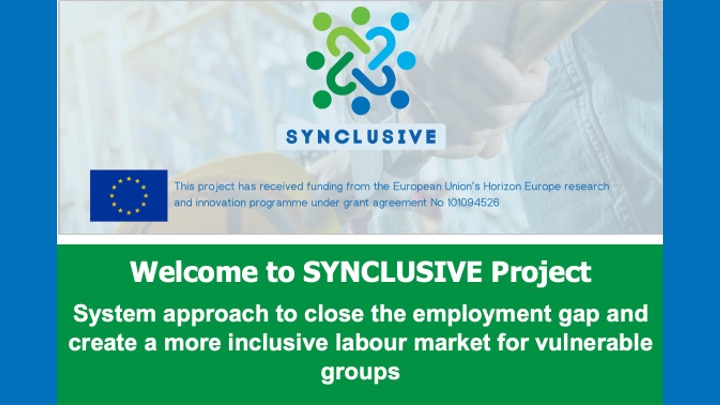—-
Portugal’s labor market has various vulnerabilities, however some areas, like the regions of Alentejo and Algarve, face specific difficulties. Among the groups at risk are young people, people with disabilities, immigrants, and refugees. Young people’s primary cause for unemployment is lack of training, education, or experience. Long-term unemployed people and senior individuals are also vulnerable. Low wages are prevalent in the southern and rural regions, due to the precarious nature of contracts in the tourism and agricultural industries. Additionally, there appears to be a gap between skills and labor market demands. Low incomes are a result of high tax rates on businesses, and young workers with temporary contracts are paid far less than their peers who are employed full-time. While Portugal’s current unemployment rate of 6% is lower than the EU average of 6.5%, the country’s youth unemployment rate remains high. This group is target population of Portugal’s living lab for the SYNCLUSIVE project.
According to research and feedback from Portuguese stakeholders, it is necessary for public institutions to have better coordination to help vulnerable groups and include them in the labor market. So far, Portugal has implemented various initiatives to combat youth unemployment, such as lower social security contributions for companies that hire young workers and lowering the taxes young people have to pay in their first years of work. Youth employment teams, internships, and entrepreneurship support programs are also available.
In the scope of the SYNCLUSIVE project, four Living Labs will be implemented in Portugal, one in Lisbon, the capital city, one in Évora, a city in Alentejo, through the collaboration with PACT; one in Lagoa, a city in Algarve, through the collaboration with the Municipality of Lagoa; and a Digital Living Lab, with the collaboration of ISCTE and Rede do Empresário. These physical locations were chosen to reach a larger and more diverse group of people, with different employment needs and opportunities. While Lisbon is a metropolitan city, the capital and economic centre of Portugal, Alentejo and Algarve are regions in the southern part of Portugal, which have also a lot of rural areas. The Digital Lab, on the other hand, allows the Living Lab to expand throughout the country, for everyone that wants to have access to it.
The Digital Living Lab is part of a series of actions in the field of education, vocational training and R&D with a national scope. The objective is for the participants to work in a participant-oriented learning environment, which is like a professional life project. It is to promote dialogue, initiatives and projects between academia, industry and government, bringing the SYNCLUSIVE project’s initiatives together along the same strategic lines.
The establishment of four Living Labs in Portugal, strategically located in Lisbon, Évora, Lagoa, and the Digital Living Lab, marks a significant step towards promoting inclusive education, vocational training, and research and development initiatives across the country.
The Realist evaluation training was held in Iscte, Lisbon, Portugal on 1st November to 3rd November 2023.
—-

Photo: Hugo Alexandre Cruz (Iscte)
—-
“The aim is not to only test and prove certain evidence but also to build on theory and to better understand what is happening, how it works, for whom, and in what circumstances.” – Suzanne van Hees

